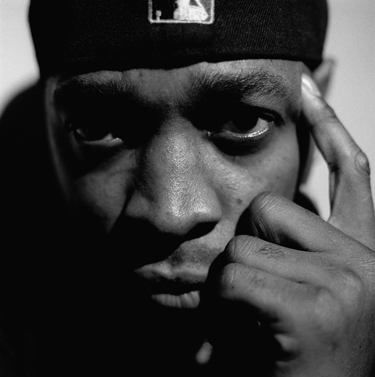Graduate School brings Chuck D to Seattle
When Daudi Abe, ’04, got a call asking if he would host an “Evening With Chuck D” for the Graduate School’s public lecture series, he said, “Are you frickin’ kidding me?” Abe, the Seattle scholar and historian who wrote “Emerald Street: A History of Hip Hop in Seattle,” jumped at the chance.

Chuck D
He remembers first hearing the music by Public Enemy, the group Chuck D co-founded, as a teen growing up in South Seattle. “It was groundbreaking,” he says. Besides being angry and engaging, the music and lyrics focused on social and political issues, race, power and class. It brought elements of Black experience to the fore with songs like “Fight the Power” and “Don’t Believe the Hype.” In fact, the latter title was adopted by Seattle’s Ingraham High School football team as its theme in 1988, the year it won the state championship.
In the early 1980s, young Black urban males didn’t really have a voice. “Hip-hop came along and expanded the discussion,” says Abe. “The entire world got to hear the perspective of this group that had really been silenced in a number of ways. And then it was put over some funky beats and a sampling of songs people had heard before. It was irresistible.” Hip-hop, rich with substance and talent, could have been fleeting, like disco, which all but vanished after the 1970s. Instead it found a worldwide audience.
Abe hopes to discuss Chuck D’s and Public Enemy’s impact on the Seattle hip-hop scene and the history of the early rap record labels. He also wants to explore how Chuck D blended his music and activism, drawing from history and culture, and creating content about racism and oppression. Does Chuck D think artists today are doing similar things?
This special event, which is sponsored by the Graduate School and public radio station KEXP, is at 6:30 p.m., Feb. 9 in Kane Hall.